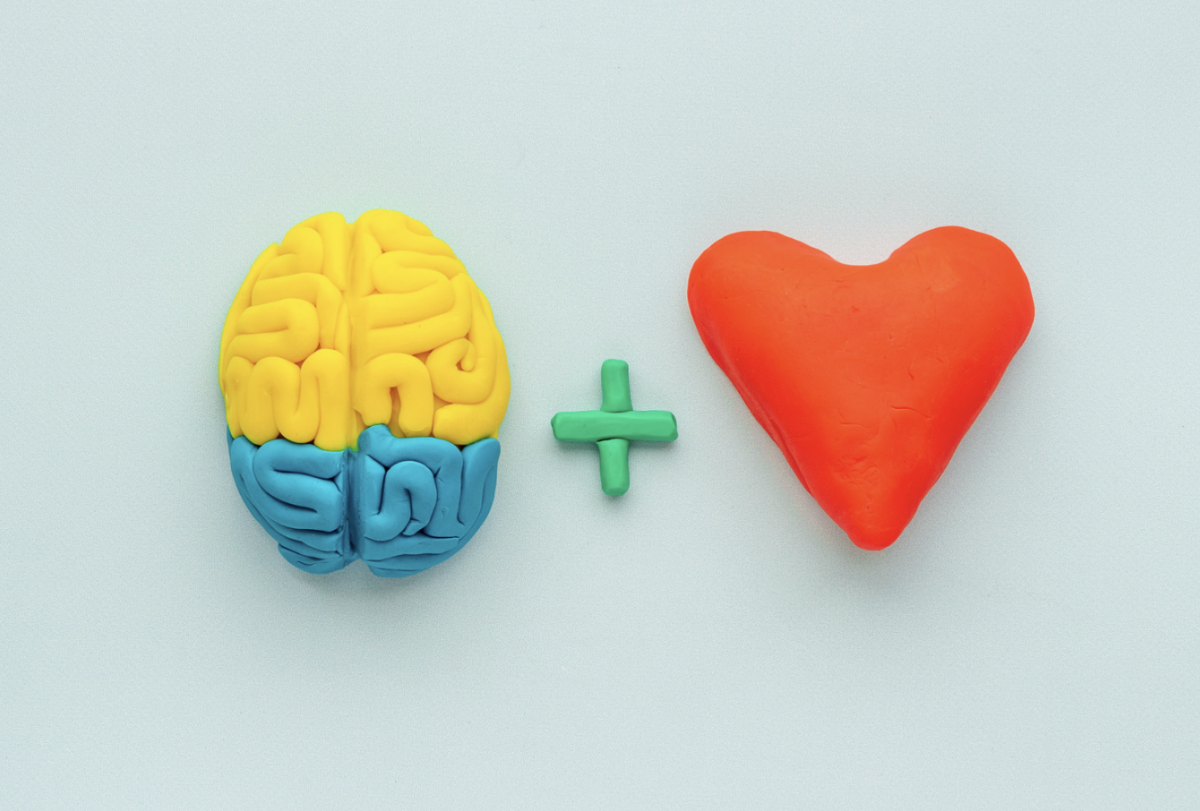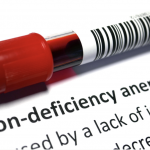The Gut-Brain Connection and Children’s Health

A huge part of our nervous system, the Enteric Nervous System (ENS) resides in the lining of the gut, and it’s directly connected to the brain by a complex network of nerve cells. The ENS processes a massive amount of information each day, organising and overseeing functions within the digestive system1-5.
The gut and the brain are connected, so tummy issues often go hand-in-hand with neurological concerns1,2. Children that are experiencing digestive problems such as constipation, diarrhoea, nausea, bloating and tummy pains can also experience difficulties with mood, behaviour, memory, concentration and sleep1-3.
Neurological symptoms associated with impaired gut-brain function:
- Short and long term memory issues
- Difficulty getting to sleep and staying asleep
- Low tolerance to stress
- Anxiety and worry
- Fatigue and burnout
- Difficulties with concentration
- Poor learning outcomes
- Mood and behaviour concerns
- Recurring headaches
- Obsessive compulsive traits
- Sensory processing issues
Gut health and the impact on mood and behaviour
Mood, behaviour, learning and concentration problems often correlate with gut problems1,2. When they do, you can’t effectively treat one while ignoring the other. Gut health is the key to optimal neurological development in children, because the gut and the brain are physically connected to one another2,5.
Millions of gut-brain nerve cells are continuously transporting signals, mostly via the vagus nerve. The vagus nerve connection allows the brain to control all of the complex processes that are involved in gut function – digesting food, absorbing nutrients, controlling appetite, releasing digestive secretions to break down food, absorbing nutrients for growth and eliminating waste products.
If these processes aren’t functioning well, the ENS can send signals to the brain that can trigger mood changes1-5. This explains why gut symptoms are so often tied to feelings of stress and anxiety in children. Gut bacteria also produce hundreds of signals that the brain uses to assist with learning, memory and mood5. The gut actually produces about 95% of the body’s happy hormone, serotonin, which influences both mood and sleep6.
So if the gut isn’t functioning well, and there’s more yucky bugs than good bugs in the gut, it’s going to have a huge impact on mood, behaviour, concentration and learning. Our children’s gut health influences their brain, and their brain health influences their gut. If the gut is stressed, the brain is stressed as well1,3,6,7.
The impact of stress and anxiety on children’s gut health
When kids feel stressed, anxious or nervous, that information travels to the gut via the vagus nerve and leads to uncomfortable tummy symptoms that we associate with stress and anxiety like nausea, a ‘sick’ tummy feeling and in some cases abdominal pain8,9.
Over time, this can complicate overall digestive function9 and lead to issues such as low appetite, recurring complaints of tummy pains, episodes of nausea, constipation that seems resistant to treatment, ongoing issues with diarrhoea with no known cause, and impaired digestion of food (which can eventually contribute to nutritional deficiencies).
If there is an imbalance of good and bad microbes in the gut, if the lining of the gut is irritated, if there are undiagnosed food intolerances or sensitivities, or if the gut is struggling with overall digestive processes, then the gut isn’t functioning well. That gut ‘stress’ will lead to warning signals being sent to the brain, and over time, it can eventually complicate neurological function2,3,6.
This two-way communication between the gut and the brain can lead to the development of neurological symptoms5,6. Kids with learning difficulties and behavioural problems are significantly more prone to digestive problems because these stress signals from the gut can directly influence the emotional and cognitive centres of the brain7,10.
Supporting the gut-brain connection in children
Treating conditions relating to the gut-brain connection can be tricky, because what came first? Was it the neurological issues that led to tummy upset or did gut problems eventually influence brain function? As a general rule, we need to first heal the gut in order to support the brain and the nervous system.
If children have a medical history that can be associated with upsetting digestive function, we need to sort that out first. It can seem like a very round-about way of addressing health concerns relating to brain function, but with naturopathic medicine we want to figure out why the issue has occurred in the first place. If we can address the original cause of health concerns we can work towards reducing (or in some cases eliminating) the cascade of symptoms that are associated with it.
Common causes of digestive upset in children:
- Recurring courses of antibiotics
- Steroid medications
- Recurring gastroenteritis infections
- Worms and parasitic infections
- Symptoms associated with food allergies, intolerances and sensitivities
- Deficiencies of nutrients that the gut needs to function properly
- Low dietary intake of fibre (vegetables, whole grains, beans, legumes)
- High dietary intake of processed foods
Reference list
1). Flannery JE, Stagaman K, Burns AR, Hickey RJ, Roos LE, Giuliano RJ, Fisher PA, Sharpton TJ. Gut Feelings Begin in Childhood: the Gut Metagenome Correlates with Early Environment, Caregiving, and Behavior. mBio. 2020 Jan 21;11(1):e02780-19. doi: 10.1128/mBio.02780-19. PMID: 31964729; PMCID: PMC6974564.
2). Szigethy E. Editorial: The Promise of Psychiatric Translational Research: Exploring How the Gut Can Influence Brain Development. J Am Acad Child Adolesc Psychiatry. 2019 Nov;58(11):1059-1061. doi: 10.1016/j.jaac.2019.05.021. Epub 2019 Jun 3. PMID: 31170444.
3). Laguipo, Angela. (2020, January 21). Gut microbiome linked to behavioral problems in children. News-Medical. Retrieved on April 25, 2023 from https://www.news-medical.net/news/20200121/Gut-microbiome-linked-to-behavioral-problems-in-children.aspx.
4). Bojović K, Ignjatović ÐI, Soković Bajić S, Vojnović Milutinović D, Tomić M, Golić N, Tolinački M. Gut Microbiota Dysbiosis Associated With Altered Production of Short Chain Fatty Acids in Children With Neurodevelopmental Disorders. Front Cell Infect Microbiol. 2020 May 19;10:223. doi: 10.3389/fcimb.2020.00223. PMID: 32509596; PMCID: PMC7248180.
5). Carabotti M, Scirocco A, Maselli MA, Severi C. The gut-brain axis: interactions between enteric microbiota, central and enteric nervous systems. Ann Gastroenterol. 2015 Apr-Jun;28(2):203-209. PMID: 25830558; PMCID: PMC4367209.
6). Appleton J. The Gut-Brain Axis: Influence of Microbiota on Mood and Mental Health. Integr Med (Encinitas). 2018 Aug;17(4):28-32. PMID: 31043907; PMCID: PMC6469458.
7). Sorboni SG, Moghaddam HS, Jafarzadeh-Esfehani R, Soleimanpour S. A Comprehensive Review on the Role of the Gut Microbiome in Human Neurological Disorders. Clin Microbiol Rev. 2022 Jan 19;35(1):e0033820. doi: 10.1128/CMR.00338-20. Epub 2022 Jan 5. PMID: 34985325; PMCID: PMC8729913.
8). Walker LS, Beck J, Anderson J. Functional abdominal separation anxiety: helping the child return to school. Pediatr Ann. 2009 May;38(5):267-71. PMID: 19476299; PMCID: PMC3205969.
9). Cherpak CE. Mindful Eating: A Review Of How The Stress-Digestion-Mindfulness Triad May Modulate And Improve Gastrointestinal And Digestive Function. Integr Med (Encinitas). 2019 Aug;18(4):48-53. PMID: 32549835; PMCID: PMC7219460.
10). Foster JA, Rinaman L, Cryan JF. Stress & the gut-brain axis: Regulation by the microbiome. Neurobiol Stress. 2017 Mar 19;7:124-136. doi: 10.1016/j.ynstr.2017.03.001. PMID: 29276734; PMCID: PMC5736941.






